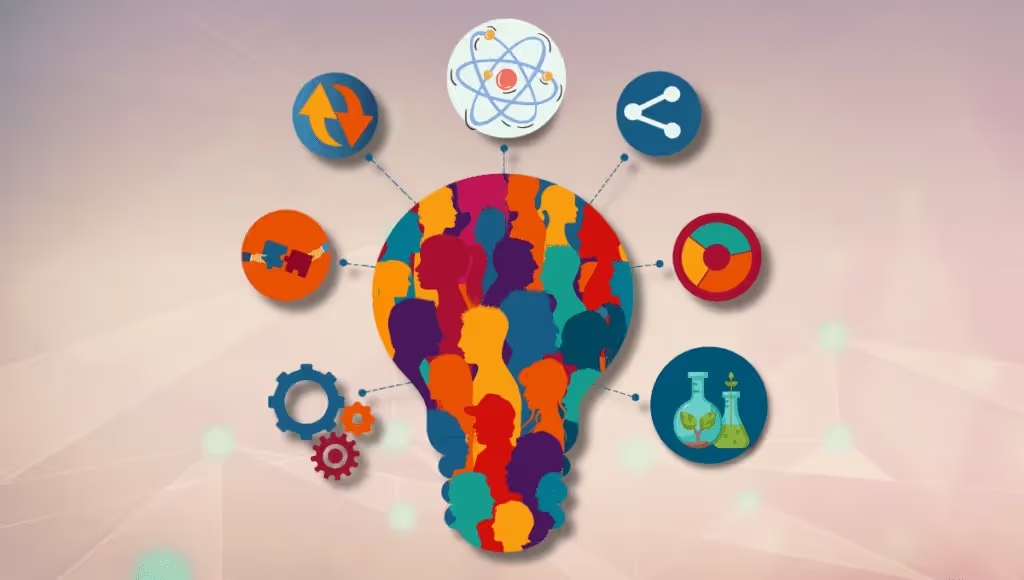Key Insights:• In the wake of the Supreme Court’s ruling on affirmative action, many organizations are rethinking their approach to DEI.• Three scientific frameworks — neuroscience, generative interactivity, and complexity science — can help companies navigate the rocky legal landscape.• With a science-based approach, organizations can build DEI initiatives that are both legally safe and strategically beneficial.
Following the Supreme Court’s ruling on affirmative action, corporate diversity, equity, and inclusion (DEI) initiatives have faced a rocky legal landscape. But instead of curtailing DEI efforts, organizations can find a legally safe path forward through science, I wrote recently in HR Daily Advisor.
Many organizations are rethinking their approach to DEI. Some are reframing DEI efforts as comprehensive approaches that foster equity and inclusion for all. Others are emphasizing the value of diversity in driving business outcomes. To be sustainable, both approaches require an understanding of human behavior and organizational dynamics.
Here’s how three scientific frameworks — neuroscience (how individuals think and behave), generative interactivity (how teams work together), and complexity science (how institutions function) — can support the three foundational goals of all DEI efforts.
Interrupting bias
Neuroscience research indicates that our brains often make quick decisions based on mental shortcuts, or unconscious biases. To make better decisions, we must first recognize bias and then mitigate it.
Bias mitigation training, which involves helping people recognize unconscious biases and actively counteract them, allows organizations to prioritize diversity in a legally safe manner. The result is more objective, equitable decisions that benefit all employees and the organization.
Integrating inclusion
Diverse workplaces aren’t necessarily inclusive. Inclusivity goes beyond representation to an environment where everyone can contribute their unique perspectives and talents.
A concept known as generative interactivity helps us understand how people can work together to create inclusive workplaces. It demonstrates how habits like shared goals, collaboration, and supporting each other are essential for bringing out the best in diverse teams. When we practice these habits, teams become more innovative and psychologically safe and experience a greater sense of belonging.
Improving systems
Offering a new perspective on DEI initiatives, complexity science encourages organizations to view themselves as dynamic, interconnected systems rather than static entities. In these systems, individual differences strengthen the whole. Instead of being seen as a problem to fix, diversity becomes a resource to leverage.
By acknowledging this complexity, organizations can move beyond representation to an environment where diverse perspectives are solicited and valued. This fosters innovative solutions and problem-solving capabilities that are unlikely to emerge in a homogenous setting. Complexity science demonstrates that small, consistent efforts toward inclusion and equity can create a ripple effect, transforming entire organizations.
The science is clear: When organizations combine diversity with inclusion and equity, they have an enhanced ability to navigate complexity, foster innovation, and achieve outstanding business results.
With a science-based approach, organizations can build DEI initiatives that are both legally safe and strategically beneficial. This path recognizes that DEI is not just a moral obligation but a crucial driver of success in today’s complex, interconnected world.
A version of this article appears in HR Daily Advisor. To read the full article, click here.




.avif)



